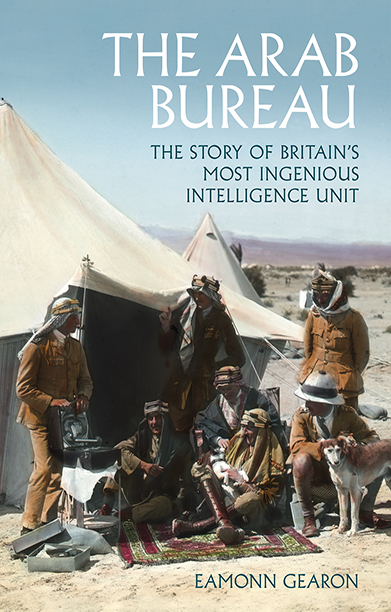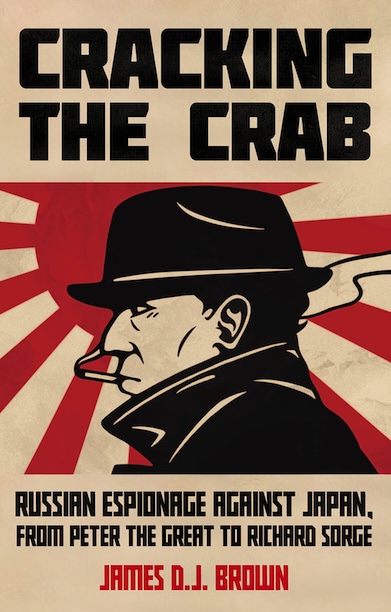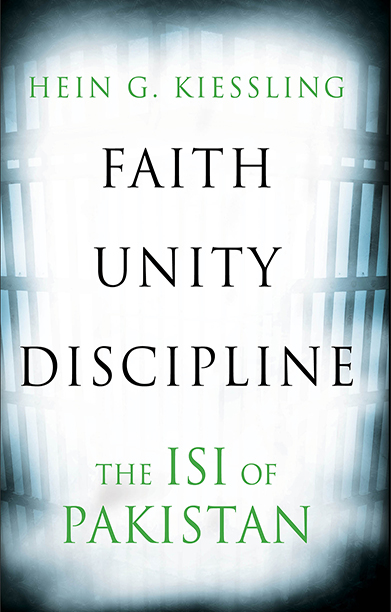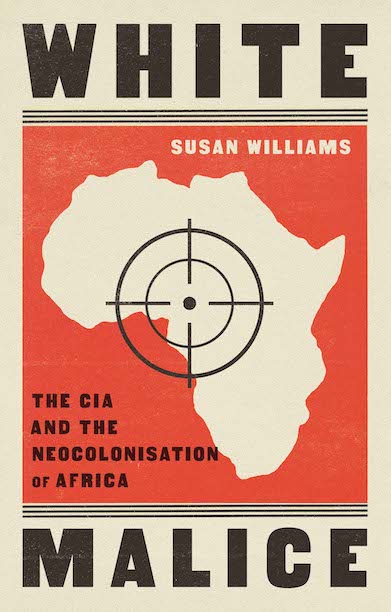Askari
A Story of Collaboration and Betrayal in the Anti-Apartheid Struggle
A beautifully written account of collaboration, complicity and remorse in apartheid South Africa
Winner of the 2015 Sunday Times Alan Paton Award (South Africa)
Description
‘Comrade September’, of the ANC’s military wing, MK, was abducted by South African security forces in August 1986, interrogated and tortured. Soon he began to talk, betraying his ANC comrades, and underwent changes that marked the rest of his life: from resister to collaborator, insurgent to counter-insurgent, revolutionary to counter-revolutionary and, to his former comrades, hero to traitor.
Askari is about these changes and about the larger, neglected history of betrayal and collaboration in the struggle against apartheid. It offers a history of the grey zones in which South Africans — combatants and non-combatants — lived, rather than the black-and-white bifurcation that still dominates South Africa’s politics and society.
This, then, is not a morality tale. Dlamini does not claim that the competing sides in the fight against apartheid were moral equivalents; rather he seeks to elaborate a denser, richer and more nuanced account of South Africa’s modern political history. By looking at a death squad, he attempts to understand how the apartheid bureaucracy worked; and, more importantly, to understand the social, moral and political universe in which apartheid collaborators like September lived and worked.
Reviews
‘Askari is one of the most important, probing and virtuosic works of non-fiction published in South Africa this decade. In ambition he is rivalled by only a handful of writers; in doggedness and audacity, even fewer.’ — Nick Mulgrew, The Sunday Times (SA)
Author(s)
Jacob Dlamini is Assistant Professor of African History at Princeton University. He was formerly political editor of Business Day in Johannesburg.






